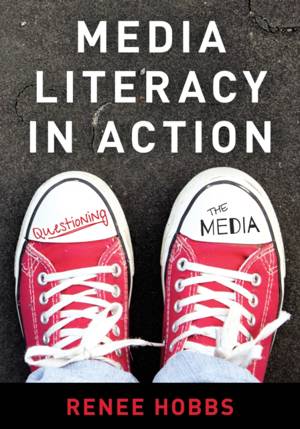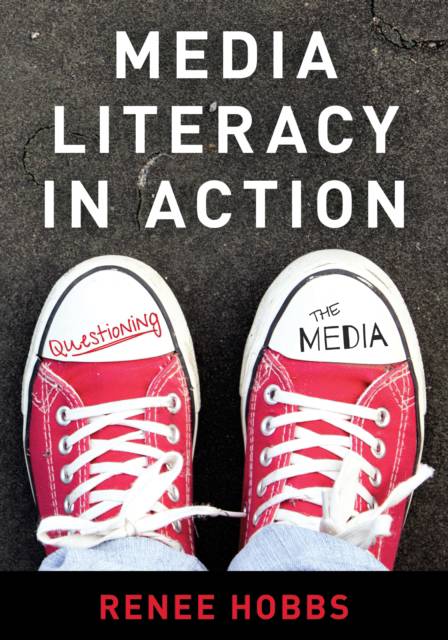
- Retrait gratuit dans votre magasin Club
- 7.000.000 titres dans notre catalogue
- Payer en toute sécurité
- Toujours un magasin près de chez vous
- Retrait gratuit dans votre magasin Club
- 7.000.0000 titres dans notre catalogue
- Payer en toute sécurité
- Toujours un magasin près de chez vous
Description
The blurring of entertainment, information, and persuasion is reshaping work, life, and citizenship. As a result, our relationship to media has never been so important nor so complex. By asking critical questions about what they watch, listen to, read, and use, students can be better prepared to be responsible communicators who can use a variety of formats and genres for self-expression and advocacy.
Covering a wide range of topics including the rise of news partisanship, algorithmic personalization and social media, stereotypes and media addiction, advertising and media economics, and media influence on personal and social identity, Renee Hobbs helps students develop the lifelong learning competencies and habits of mind needed to navigate an increasingly complex media environment.
Rooted in the best practices of media literacy pedagogy, Media Literacy in Action brings an interdisciplinary approach to media studies that engages students with the following features:
- full-color layout
- engaging questions to stimulate thoughtful dialogue and reflection
- contemporary media examples designed to cultivate intellectual curiosity
- suggested activities for advancing students' confidence in oral, written, and multimedia expression
- access to videos and multimedia resources at www.medialiteracyaction.com
Spécifications
Parties prenantes
- Auteur(s) :
- Editeur:
Contenu
- Nombre de pages :
- 408
- Langue:
- Anglais
Caractéristiques
- EAN:
- 9781538115282
- Date de parution :
- 07-01-21
- Format:
- Livre broché
- Format numérique:
- Trade paperback (VS)
- Dimensions :
- 201 mm x 251 mm
- Poids :
- 1020 g

Les avis
Nous publions uniquement les avis qui respectent les conditions requises. Consultez nos conditions pour les avis.






